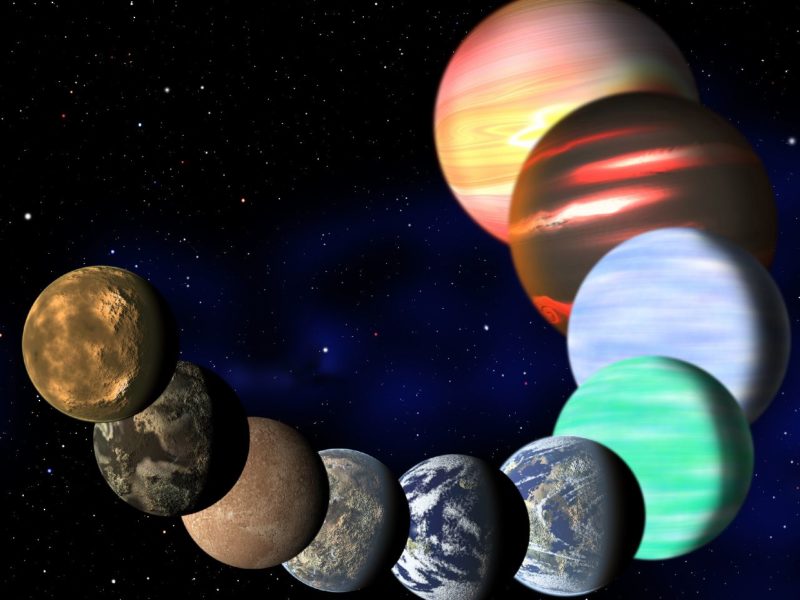Santa Cruz, California – Astronomers have discovered what they believe is further proof of the big bang theory. The astronomers, from the University of Santa Cruz in Santa Cruz, California, have discovered a cloud of hydrogen and deuterium out in space, which they say is what would have existed in the early days after the big bang. As a result of the Big Bang, large clouds of hydrogen would have circulated, which in turn would develop into other elements and eventually metals. This hydrogen cloud is composed of “virgin” hydrogen, meaning it never produced any star material. If this cloud had produced star material, the astronomers would have seen oxygen and carbon instead, heavier elements produced through nuclear fusion.
Sheffield, United Kingdom – The disease Melioidosis, the bacteria for which was originally discovered in Vietnam during the Vietnam war, could be on its way to eradication. Melioidosis is known for its propensity to mimic other diseases and thus mislead doctors who were trying to treat it. The bacteria has a large arsenal of offensive weapons, one of which is a protein that works similarly to the E. Coli bacteria. This protein degrades cells in the body and limits their ability to reproduce. By inhibiting how the Melioidosis bacteria produces this protein, doctors may be able to significantly decrease the fatality rate.
Canterbury, New Zealand – A team of engineers and researchers at the Canterbury University in New Zealand have developed a method of creating massive arcs of lightning without using huge amounts of energy. The new technique involves stretching out a very thin length of copper wire and applying a high voltage to it. The wire then explodes, producing a plasma arc which then allows the voltage to pass through the air. Applications of this method could be used to further study atmospheric effects.
Houston, Texas – A treatment method originally developed for destroying cancer cells is currently being repurposed for something decidedly different. The cancer treatment attaches a drug to the proteins that are fed to cancer cells. But now the process is being tested for the treatment of obesity. The idea is that drugs could be attached to the proteins that are fed specifically to the adipose, or fat, tissues of the body, thereby killing the blood vessels in the fat and causing the body to expel the dead tissue. When researchers tested this idea on monkeys, the results showed some fat loss over time, but the full effects of the process is still unknown.


'Scientific discoveries this week: 11-14-11' has no comments
Be the first to comment this post!